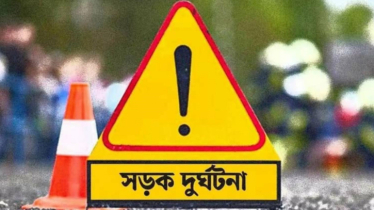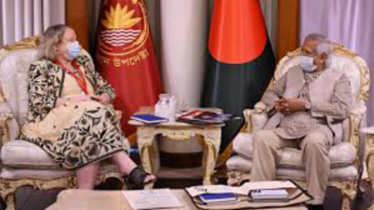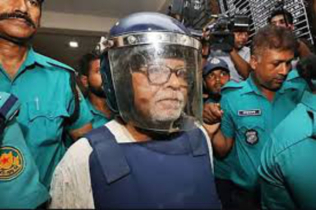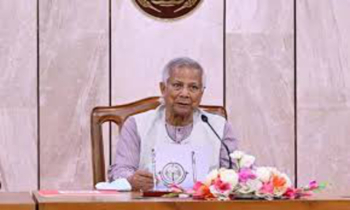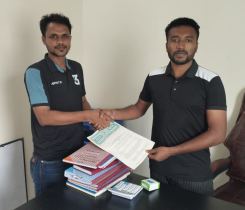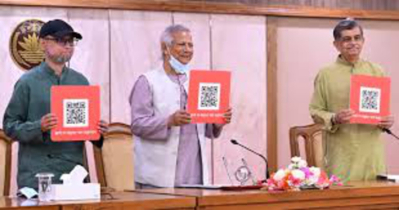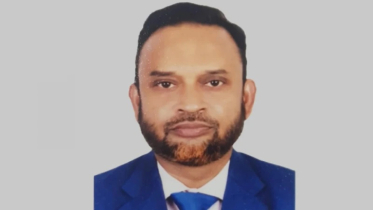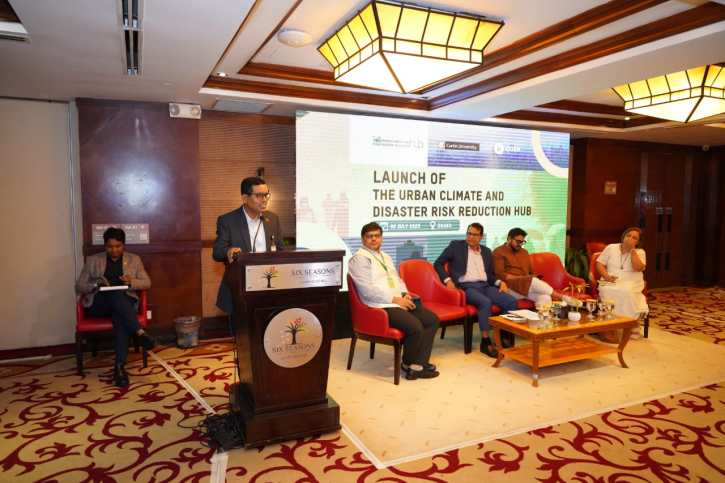
Cities worldwide teeter on the edge of environmental tipping points with record-breaking temperatures, intensifying floods, and mounting social inequalities.
To address these challenges, Oxfam in Bangladesh and the Curtin University of Australia have launched the Urban Climate and Disaster Risk Reduction Hub today on 2 July 2025 in Dhaka with an aim to foster urban resilience with climate action and disaster response following research, innovation, collaboration and advocacy.
With over 58% of the world’s population now living in urban areas—a number expected to hit 70% by 2050—cities are both victims and vectors of the climate crisis. They consume 75% of global energy, produce over 70% of CO₂ emissions, and are increasingly vulnerable to heatwaves, air pollution, sea-level rise, and floods with an exacerbating agent of inequalities. 2024 was the hottest year on record, and urban poor and marginal communities like Dhaka's urban poor—many of whom live in informal settlements—face climate risks up to 10 times greater than their wealthier counterparts.
Ashish Damle, Country Director of Oxfam in Bangladesh, stated: “Cities like Dhaka are under siege from overlapping crises—soaring heat, air pollution, unplanned growth, and frequent climate-induced disasters. These challenges are pushing the most vulnerable communities deeper into risk.”
The Hub launched seeks to address urban climate and disaster challenges through cutting-edge research, inclusive policy advocacy, capacity-building, and community-led innovation. At present it focuses on six core themes: urban heat and pollution, energy transitions, green infrastructure, geospatial science, climate justice, and emergency response systems.
“Urbanization is reshaping our planet—and with it, reshaping our vulnerabilities,” said Professor Martin Van Kranendonk, Head of the School of Earth and Planetary Sciences at Curtin University. “Urban areas face the brunt of climate change but also house the tools for transformation. The Hub bridges science and community to create locally grounded, globally scalable solutions.”
“Urban development today cannot ignore climate resilience,” stated Ms. Nayoka Martinez-Bäckström, First Secretary and Deputy Head of Development Cooperation at the Embassy of Sweden in Dhaka. “The Hub is vital for fostering integrated planning, especially for vulnerable urban populations.”
Addressing the gathering, Mr. Md Shahjahan Mia, Administrator of Dhaka South City Corporation, underscored the urgency of collaborative action: “From flooding to heat stress, Dhaka faces the spectrum of climate risks. And, Mohammad Azaz, Administrator of Dhaka North City Corporation, shared: “In urban governance, the best solutions often come from the ground up. We need adaptive strategies, coordinated leadership, and community-driven designs to meet today’s urban challenges.”
The Government of Bangladesh also reaffirmed its commitment to the initiative. “Urban climate resilience is no longer optional; it is essential,” said Mr. Rezaul Maksud Jahedi, Secretary of the Local Government Division, who attended as the event’s Chief Guest. “Collaborative approach will strengthen disaster preparedness, inform better policies, and ensure that cities are equipped to safeguard every citizen—especially the most vulnerable.”
Dr. Mohammad Emran Hasan, Head of Climate Justice & Natural Resource Rights at Oxfam in Bangladesh and Dr. Ashraf Dewan, Professor at Curtin University gave a detailed presentation on the context, vision, and roadmap of the Hub. Md Sariful Islam, Head of Influencing, Communications, Advocacy and Media, Oxfam in Bangladesh moderated the session.
The second half of the event featured two research presentations followed by a panel discussion. Dr. Fei Yang from the Chinese Academy of Sciences presented critical findings on urban heat stress in informal settlements, while Dr. Mo Hoque from the University of Portsmouth highlighted the role of data and technology.
Moderated by Mr. Sarder M Asaduzzaman of UNDP Bangladesh, brought together experts including Ms. Hasin Jahan (WaterAid Bangladesh), Tomas Wörlund Rylenius (Embassy of Sweden), Dr. Md. Golam Rabbani (Climate Bridge Fund, BRAC), and Mr. Mohammad Barad Hossain Chowdhury (Ministry of Education). The discussion emphasized the need for inclusive planning, climate-smart infrastructure, and cross-sector collaboration. Mahmuda Sultana, Programme Director, Oxfam in Bangladesh, concluded the event with vote of thanks.
The event drew broad participation from civil society, academia, media, development partners, and municipal authorities. The Hub sets a precedent not only for Bangladesh but for other countries facing the triple burden of climate change, urbanization, and social inequality.
TH

.png)
